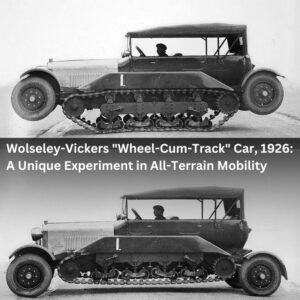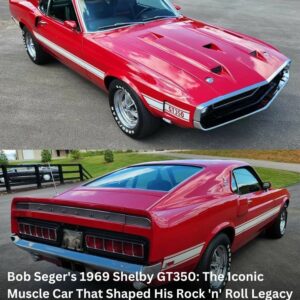Walter Davidson, an American businessman born on September 30, 1876, is best known as one of the four original founders of the legendary Harley-Davidson Motor Company. His journey into the world of motorcycles was driven by his background in mechanics, and along with his brothers and friend William Harley, he embarked on a mission that would change the motorcycle industry forever.
The Birth of Harley-Davidson: The Idea and Early Struggles
The creation of Harley-Davidson began as a shared dream among Walter, his brothers William and Arthur, and William “Bill” Harley. The initial idea came to Walter when he returned home from Kansas for his brother William’s wedding in April 1903. At the time, several attempts had been made to build motorized bicycles, but none had successfully solved the key problem: how to create a small enough engine to fit on a bicycle’s frame. Undeterred, Walter, along with his brothers and Bill Harley, began working on a solution, and they managed to establish the first Harley-Davidson factory in a modest 10-by-15-foot shed in their backyard.
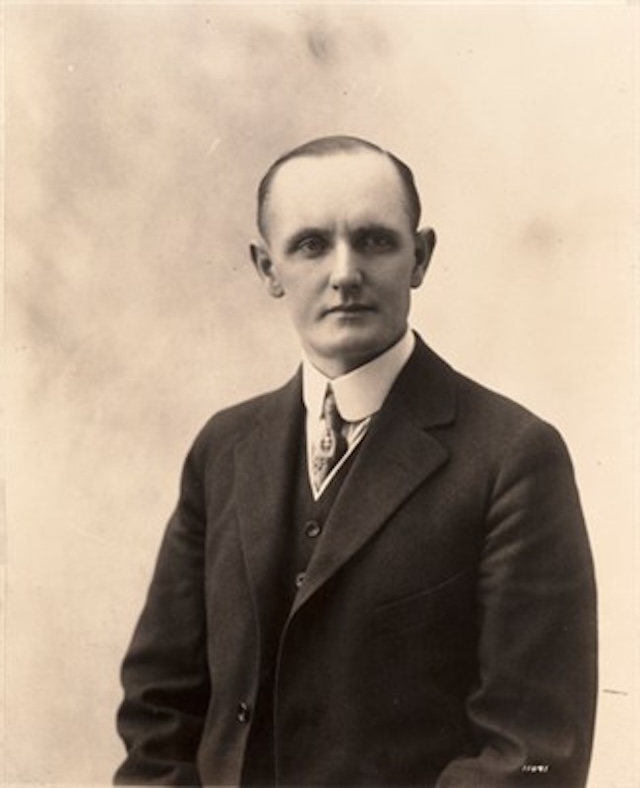
Watch video: The Machines That Built America: Harley-Davidson Transforms Motorcycles Forever|History
Harley-Davidson’s Early Expansion and Growth
In 1904, the company took a major step forward when the Davidson brothers sought financial support to build a larger factory. With the help of Walter’s great uncle, James McLay, the company secured a $170 loan, which enabled the construction of a 2,380-square-foot facility. By 1905, Harley-Davidson opened its first dealership, and by 1907, the company had incorporated with 18 employees. By 1909, they had produced 1,149 bikes, including their trademark V-Twin engine models, which could reach speeds of up to 60 miles per hour.
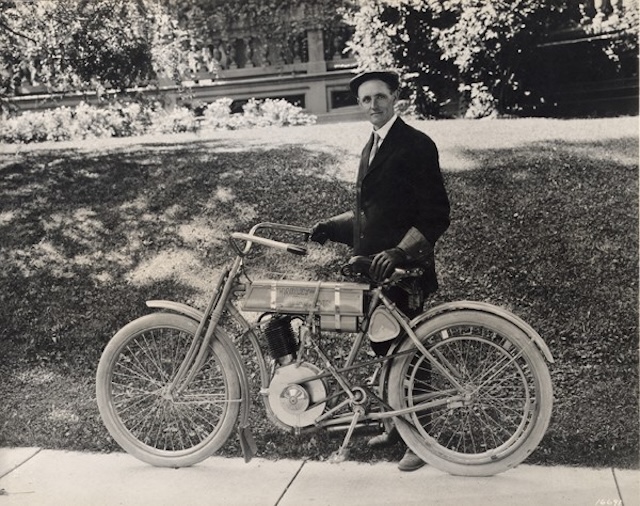
Walter Davidson: A Pioneer in Motorcycle Racing
Walter Davidson’s influence on the motorcycle world was not limited to manufacturing. He was also an avid racer, gaining recognition in early motorcycle races. In 1908, he won the prestigious Federation of American Motorcyclists Diamond Medal for his victory in a race through New York’s Catskill Mountains. His passion for racing, which began with bicycles in his high school days, helped boost Harley-Davidson’s publicity, bringing much-needed attention to the brand and attracting more customers.
By the 1920s, Harley-Davidson motorcycles were already synonymous with racing, and the iconic racing bike was affectionately dubbed “The Hog.” This nickname reflected its dominance in speed and endurance, with Harley-Davidson bikes becoming champions in grueling three-day, 400-mile endurance races.
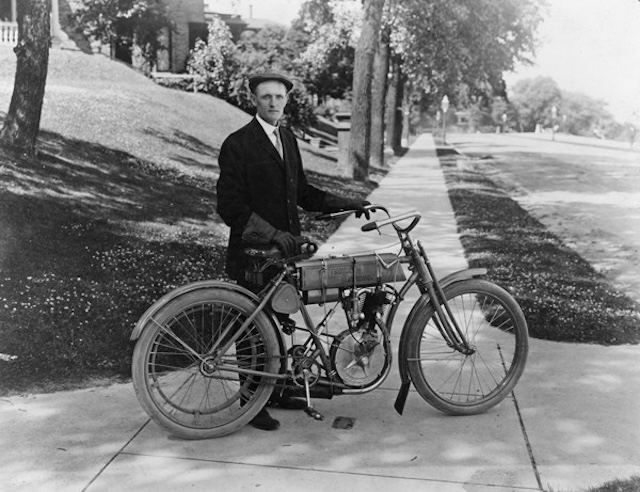
Walter Davidson’s Personal Life and Legacy
Walter Davidson’s personal life was closely intertwined with his business achievements. In 1910, he married Emma Rosehien, and together they had three sons. His role as the president of Harley-Davidson remained unmatched, and he continued to lead the company with dedication until his death in 1942. In his will, his nephew, William H. Davidson, succeeded him as the company’s president.
Walter’s influence extended beyond the world of motorcycles. He and his brothers, along with Bill Harley, were posthumously inducted into the Labor Hall of Fame in 2004, honoring their significant contributions to American industry and labor. They were also inducted into the American Motorcycle Hall of Fame in 1998, cementing their place as pioneers in the motorcycle world.
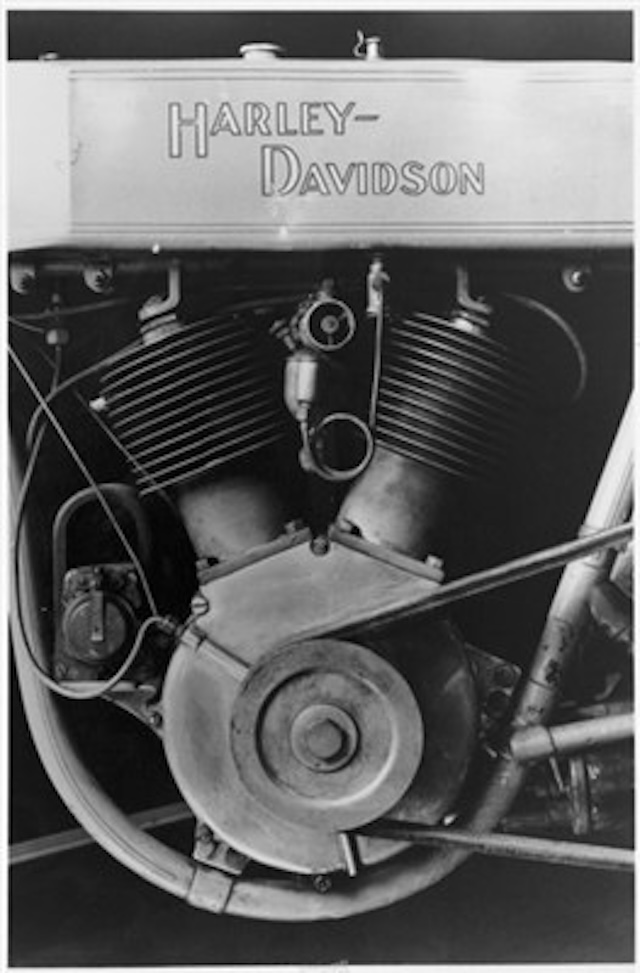
The Harley-Davidson Factory and the Evolution of the Brand
Harley-Davidson continued to grow and evolve throughout the years. In 1973, the factory was relocated to York, Pennsylvania, but the original site of the company’s first factory remains the international headquarters of Harley-Davidson today. As of 2023, the company’s historical 1908 Strap Tank Harley-Davidson was sold for an impressive $935,000 at an auction, a testament to the enduring appeal of the brand.
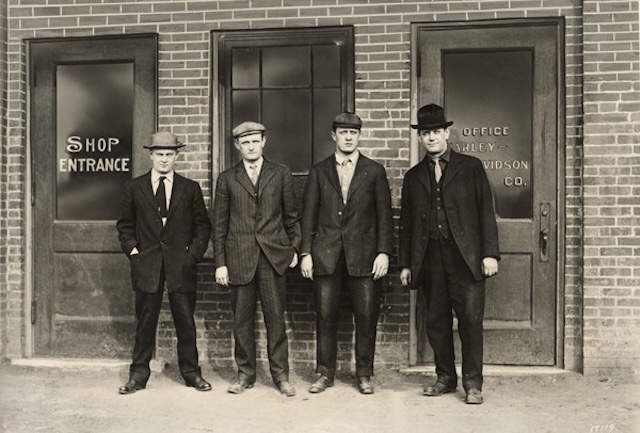
The Impact of Harley-Davidson on Motorcycle Racing
As the popularity of motorcycle racing grew throughout the 20th century, Harley-Davidson played a pivotal role in the establishment of organized dirt biking in the United States. By the 1930s, the company was deeply involved in the development of racing motorcycles, and its bikes began to be featured in dirt bike competitions, laying the foundation for what would become one of America’s most beloved organized sports.

Harley-Davidson Today: A Multi-Billion Dollar Legacy
In the 21st century, Harley-Davidson remains an iconic brand with a market value of over six billion dollars. The company’s impact on American culture and the motorcycle industry continues to be felt globally, and its motorcycles are still a symbol of freedom, strength, and rebellion. The company’s enduring success is a testament to the vision and dedication of its founders, including Walter Davidson.
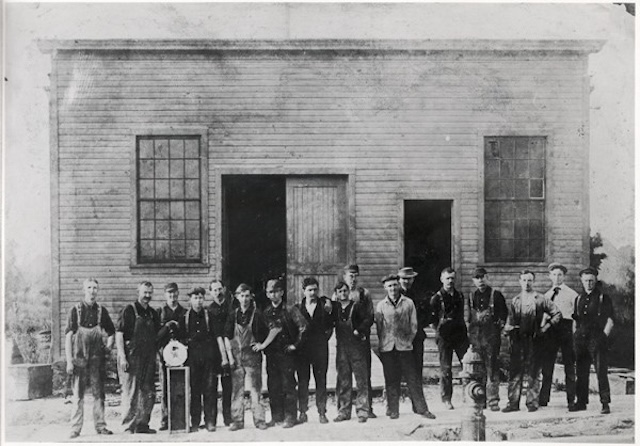
Conclusion: The Enduring Influence of Harley-Davidson
Walter Davidson’s legacy is forever tied to the success of Harley-Davidson. From its humble beginnings in a backyard shed to becoming the dominant motorcycle manufacturer in the world, the story of Harley-Davidson is a testament to innovation, perseverance, and passion. The brand’s continued success serves as a reminder of how one man’s vision, along with the support of his family and friends, can change the course of history.
As we look back on the history of Harley-Davidson, we not only celebrate the incredible achievements of its founders but also recognize the lasting impact the brand has had on the world of motorcycles and American culture as a whole.


